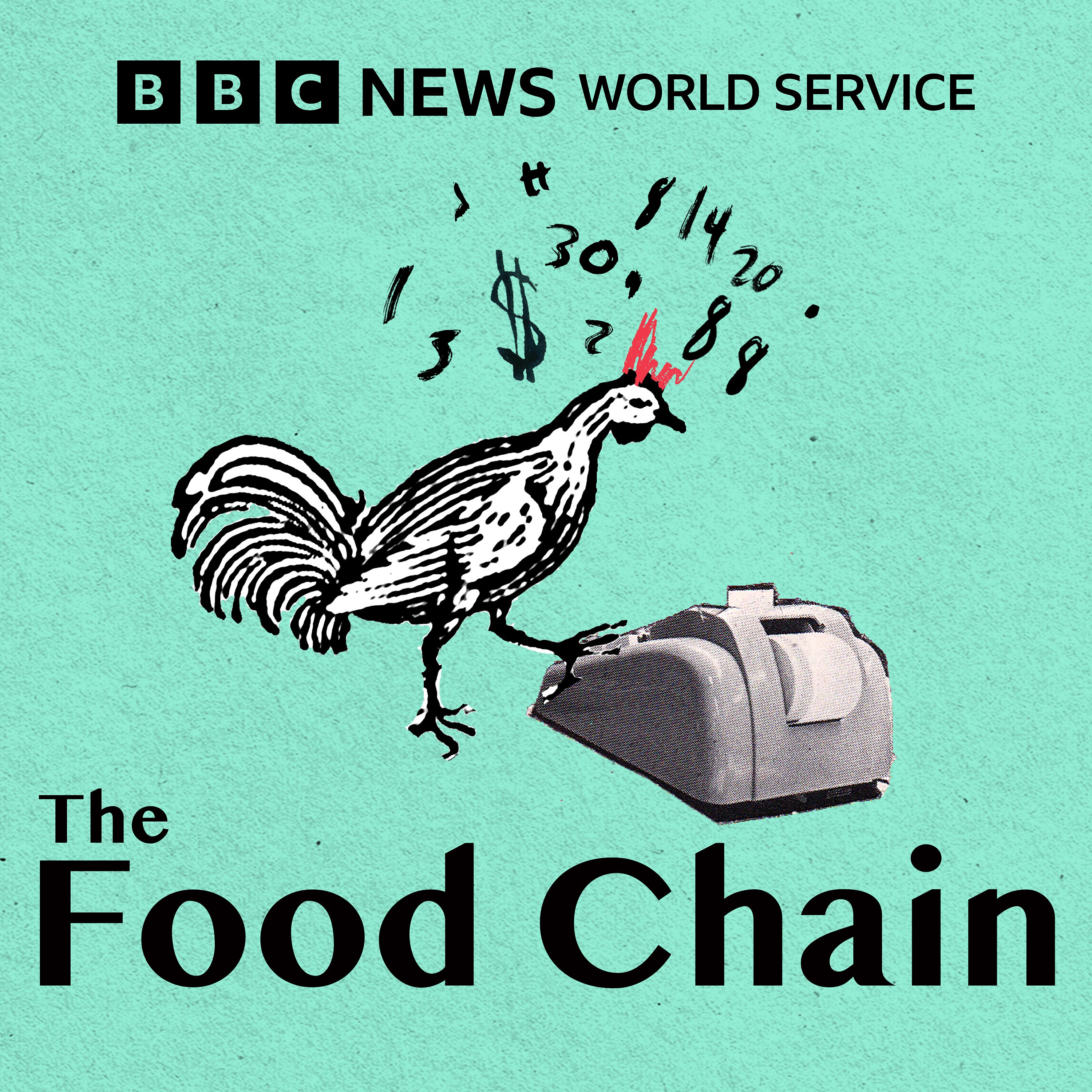
Shownotes Transcript
How much could your diet affect your ability to have a child? Throughout history, harvest and the abundance of food have been associated with the creation of life. Join us on a journey from ancient traditions to the latest science. When the vegetable sellers of east London shed little light on which foods make us fertile, the BBC’s Emily Thomas goes to the Wellcome Library to look through some 16th century recipe books with Dr Jennifer Evans from the University of Hertfordshire. From stags' testicles, to ‘mad apples’ we find out which food the ancient Egyptians thought to be the biggest aphrodisiac, and why a 300 year old recipe book tells us beans lead to babies. How well does this all sit with the latest science? We talk to Dr Jorge Chavarro, from the Harvard Schools of Public Health and Medicine.
Also, unless you're a woman trying for a baby, you may think folic acid isn’t something you should be too worried about… but in about a third of countries in the world, it is mandatory to add it to main food products, such as wheat flour. Why supplement the whole population with something that might only be needed by some? We speak to Mark Lawrence, Professor in Public Health Nutrition at Deakin University in Melbourne.
Plus, hear some Bulgarian fertility music and find out why the grinding of black peppers is a ritual performed by men at weddings. Finally, we look at how hormones get into the food chain with Dr Richard Lea of the University of Nottingham, and ask if this should be a cause for concern.
(Photo: New arrivals at the Queen Charlotte Hospital, London, in 1945. Credit: Reg Speller/Fox Photos/Getty Images)